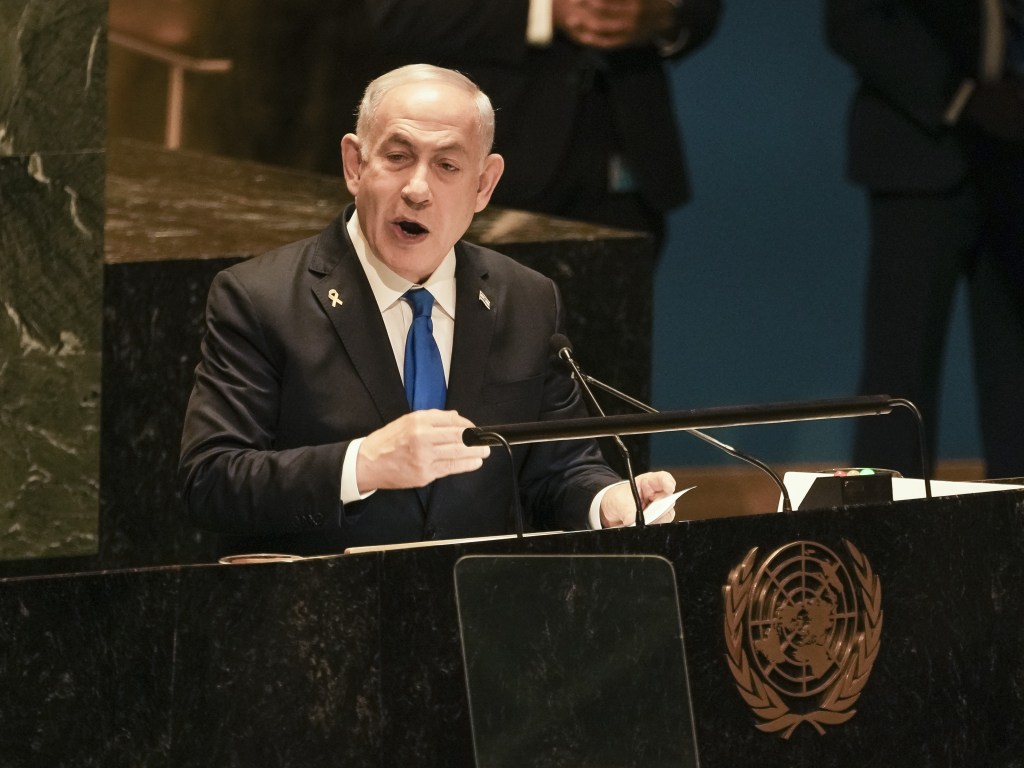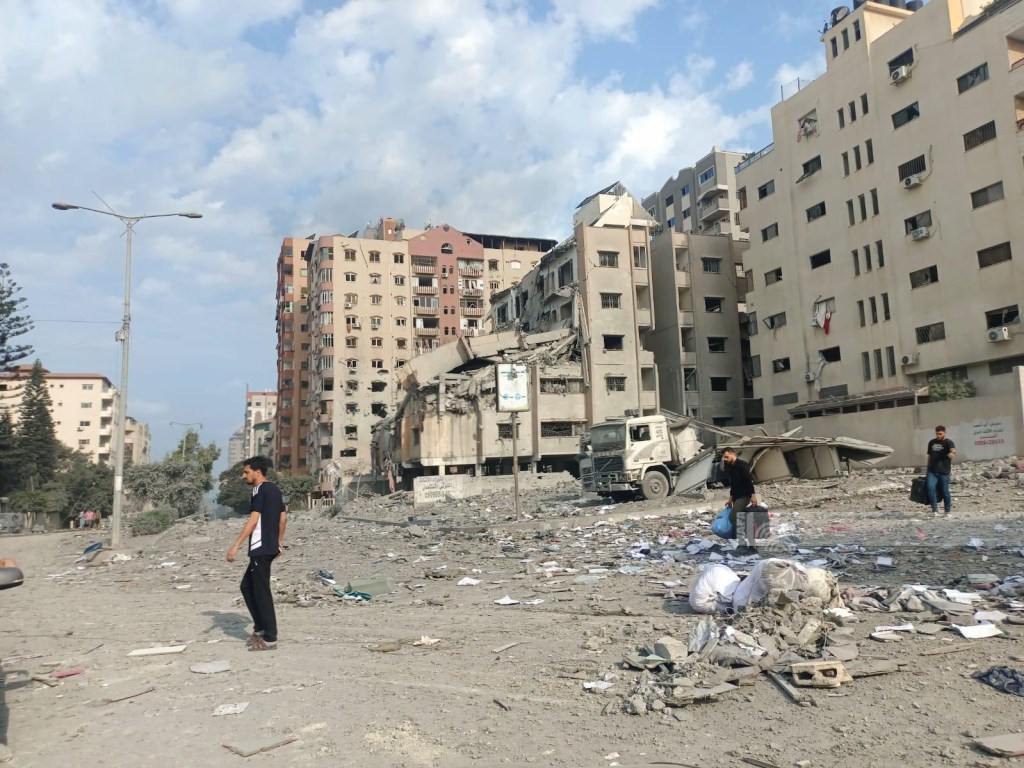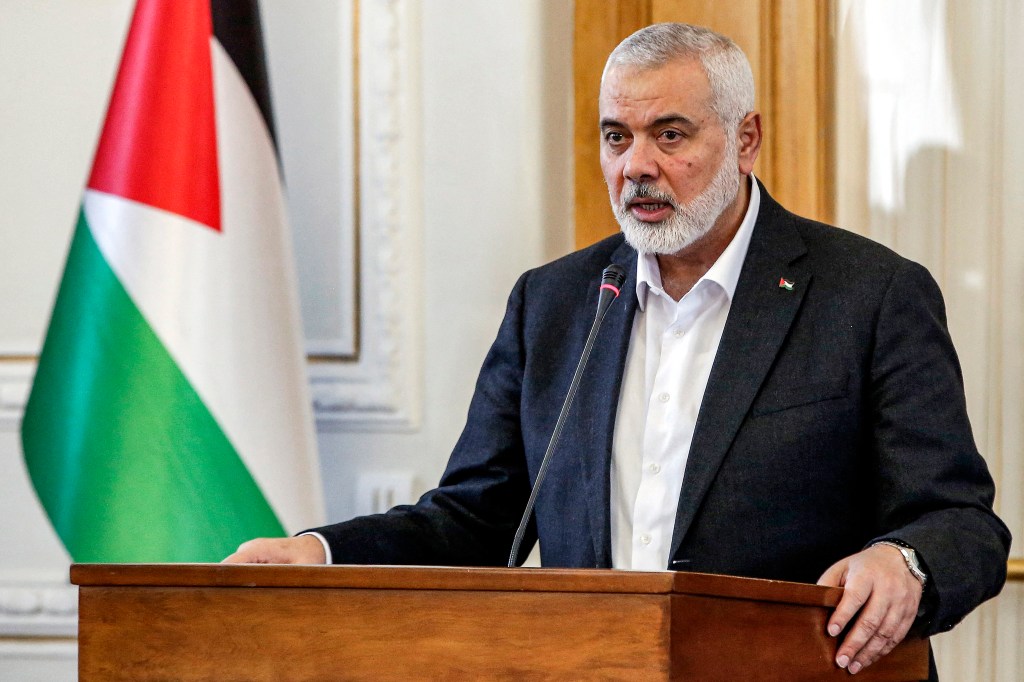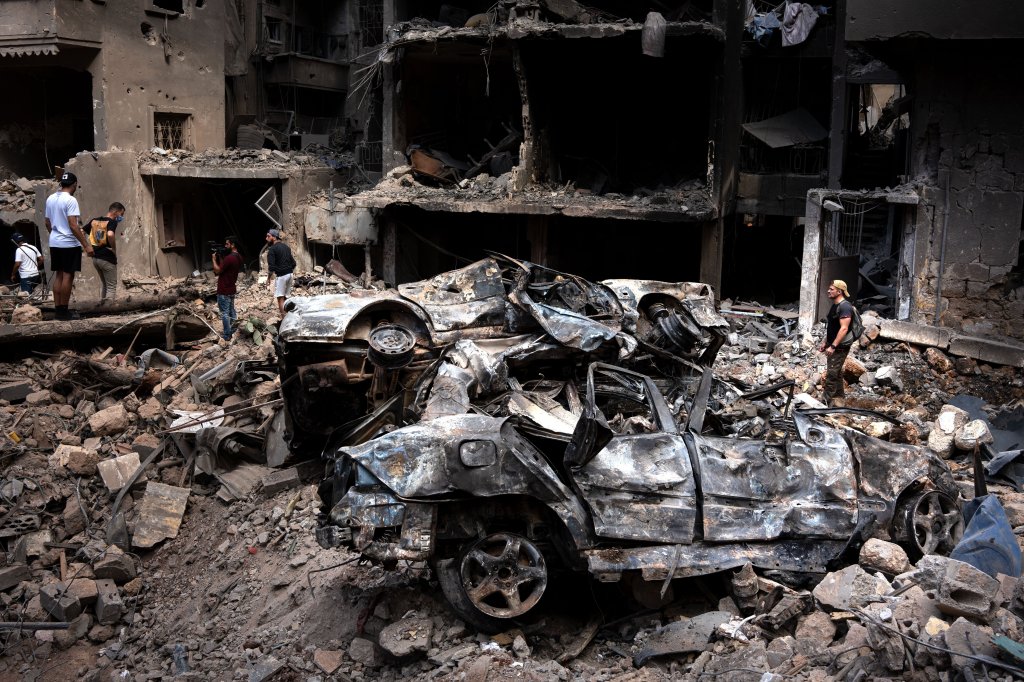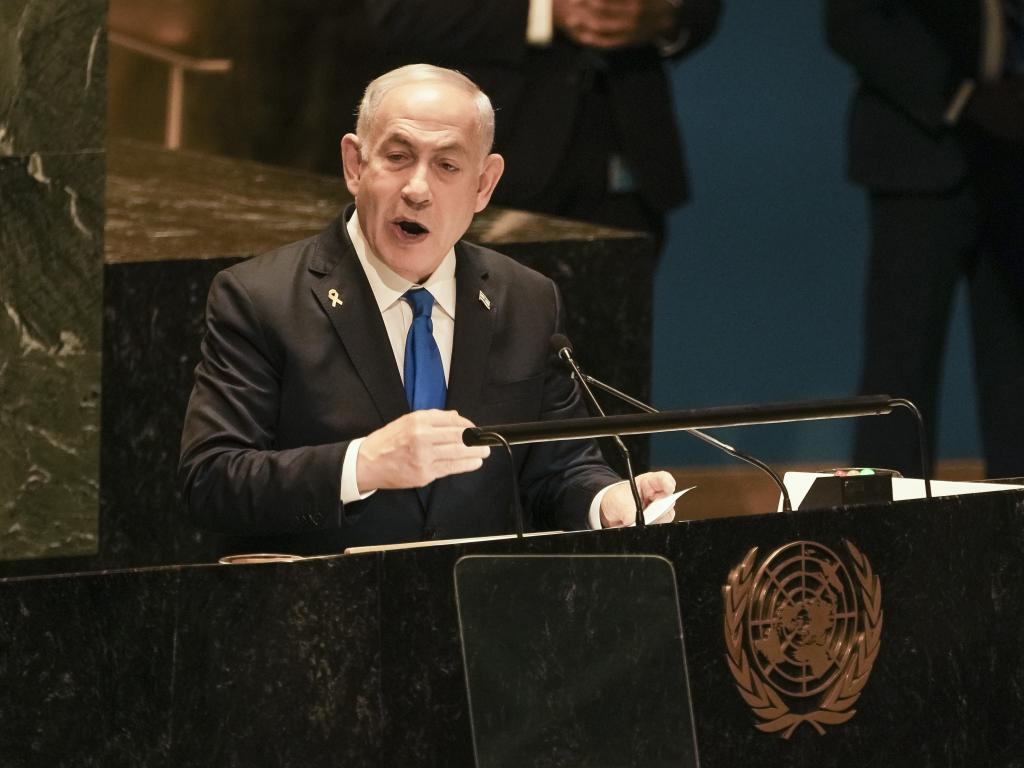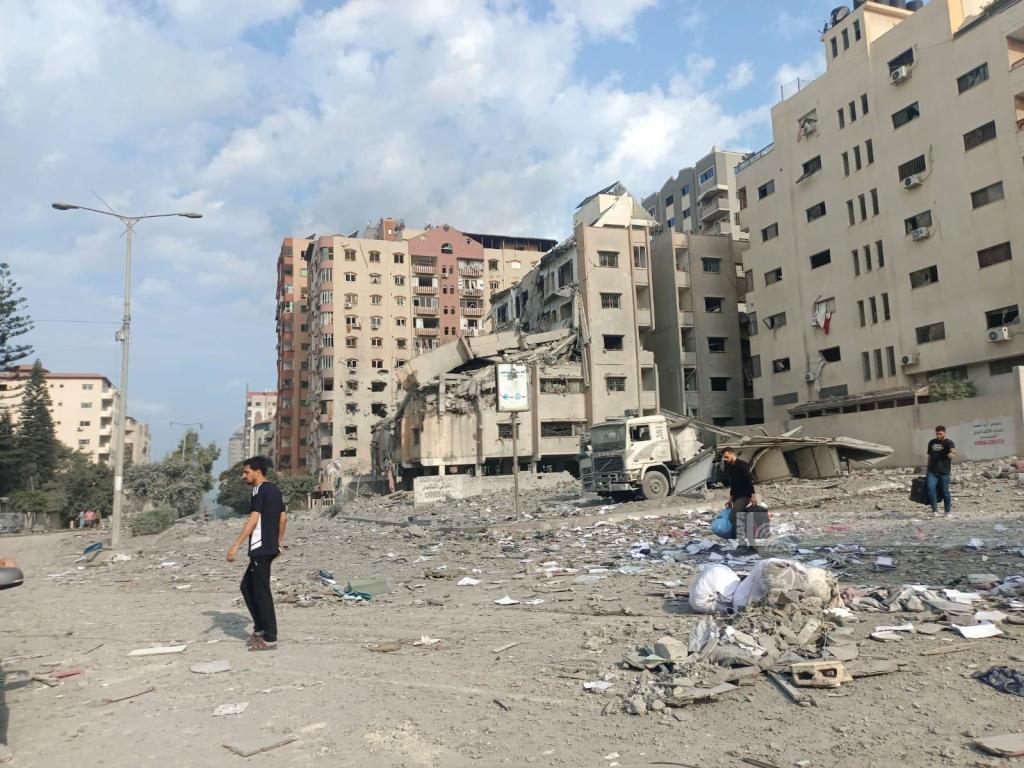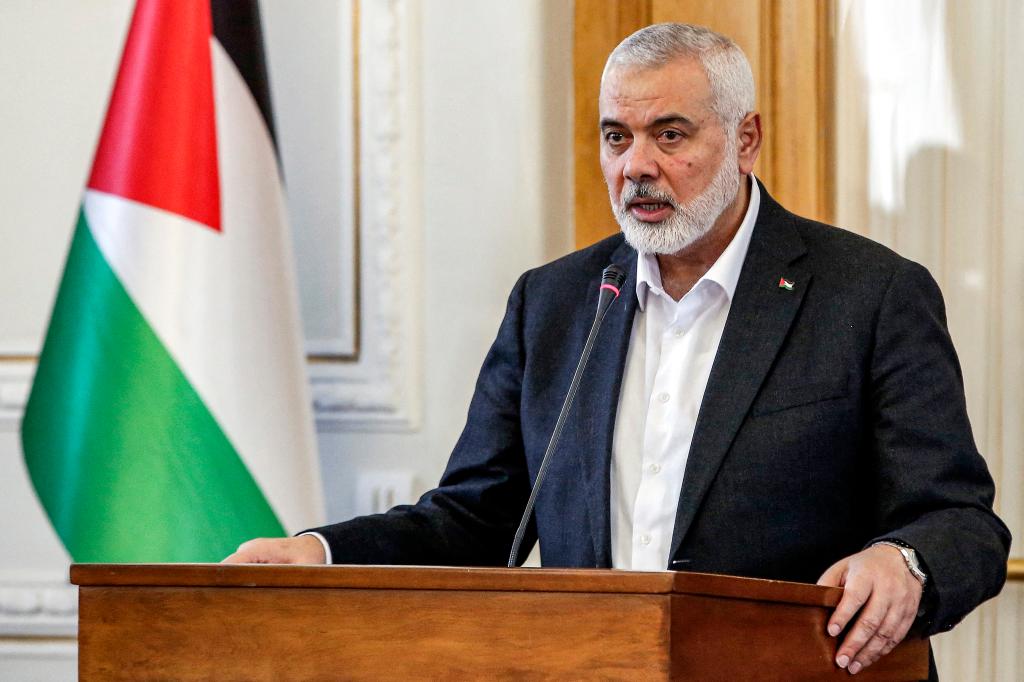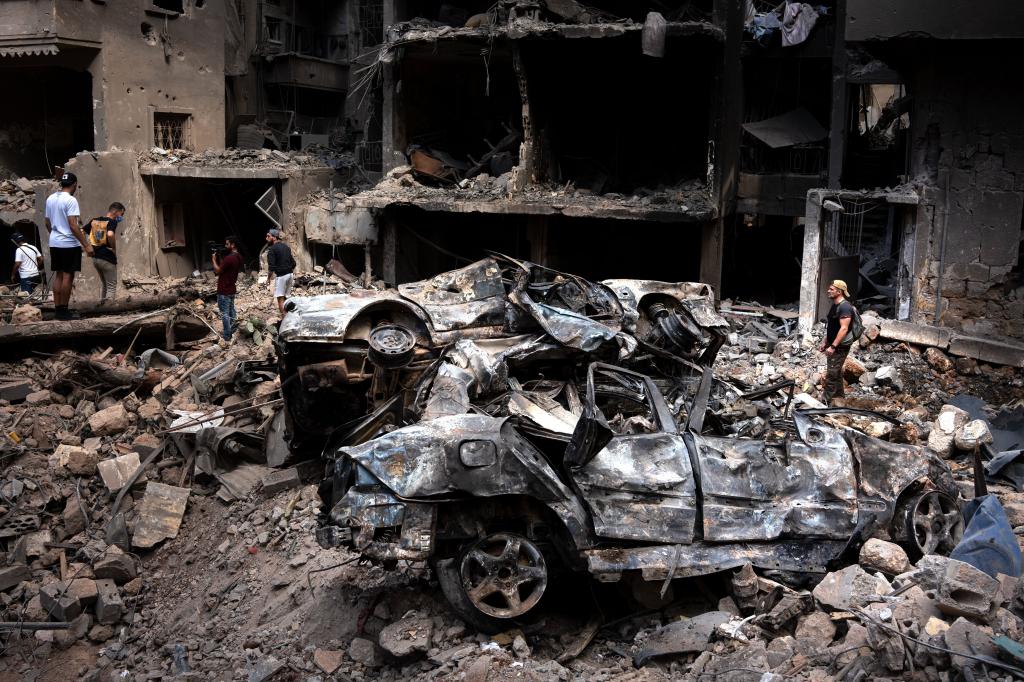With Yahya Sinwar dead, Israel and Gaza can have a future without war
With the unexpected death of Yahya Sinwar this week, Israel suddenly finds itself at a pivotal moment in its long and painful conflict with Hamas. Sinwar, the mastermind behind numerous terrorist attacks and the orchestrator of the Oct. 7 massacre, was not just a leader but the face of Hamas’s ruthlessness. His death, while a tactical success, offers Israel the chance for something far more consequential: a strategic breakthrough that can reshape the future of Gaza, Lebanon and perhaps even Israel’s domestic politics.
This is Israel’s opportunity to declare victory and move forward with a more decisive, long-term strategy that finally ends the cycle of conflict. But for this to happen, the government of Prime Minister Benjamin Netanyahu must act quickly and clear-headedly on several fronts: rebuilding Gaza, neutralizing Hezbollah in Lebanon and pursuing a peace initiative with Saudi Arabia.
The latter possibly through the controversial trilateral normalization plan proposed almost a year ago by President Biden centered on a regional peace initiative linking Israel and Saudi Arabia through economic cooperation and normalization of ties, with US support and security guarantees. At home, Israel could also seize the moment to establish a new, and possibly unity, government, one that will stabilize the nation politically and set the stage for lasting peace and security.
Most crucially, Sinwar’s death provides a pathway to ending the war in Gaza that arose from Hamas’ deadly Oct. 7 attack. “The score has finally been set and symbolically we can begin to consider two key moves forward,” observes Doron Avital, an Israeli politician who served in the Knesset for Kadima between 2011 and 2013 and who was a commander during the 1982 Lebanon War.
“First, securing the release of the hostages who are still living,” Avital says. “And with Hamas now depleted as a military organization, determining what a ‘day after’ will look like for governing the Gaza Strip.”
Indeed, the death of Sinwar, along with other key Hamas leaders Mohammed Deif and Ismail Haniyeh, opens the door to a new day for Gaza. Until now, Israel has been caught for decades in a paradigm of perpetual war — responding to attacks, launching counterstrikes, but without a clear endgame. Sinwar’s demise could be the moment that actually allows Israel to pivot to a strategy that is forward-thinking and long-term.
Israel, along with its allies, should take the lead in rebuilding Gaza’s shattered infrastructure. This is not just a humanitarian necessity but a strategic one. Palestinians will have to be involved and this could mean working with a revamped Palestinian Authority — along with the support of moderate Arab nations. Doing so will help Israel to fill the power vacuum left by Hamas’s leadership collapse. The US and EU must also be deeply involved, providing the financial backing and diplomatic pressure needed to ensure that Hamas or any other extremist group does not re-emerge to fill the void.
A reconstruction plan should focus on providing humanitarian aid, rebuilding schools, hospitals and housing, and fostering a new leadership that is untainted by Hamas’s influence. With Sinwar now gone, there will be sighs of relief across the moderate Sunni world as well, and considerable willingness to help Israel’s leverage this toward a new administrative policy for Gaza.
The success in Gaza should be extended to Lebanon, where Hezbollah remains a potent threat. With Hamas in disarray, Israel has a window of opportunity to deal a strategic blow to Hezbollah, which has been weakened by internal Lebanese instability and pressures from the international community. A two-front strategy, dealing with both Hamas in Gaza and Hezbollah in Lebanon, would remove two of the most significant threats to Israel’s security in one coordinated effort.
Taking advantage of this will require an Israeli government not dependent on the extreme right. So Netanyahu will need a reset. Armed with the victory of Sinwar’s death, this is the time for Netanyahu to consider bringing in opposition leaders like Yair Lapid, Benny Gantz and Avigdor Lieberman into a unity government. This government could stabilize Israel domestically, provide a unified front in both war and peace and set an election date for one year from now to give the public a voice in shaping the country’s future. This would also improve Israel’s battered image abroad.
Such a move would show the world that Israel is capable not just of military victories but of responsible governance and long-term planning. A unity government would be a signal that Israel’s leadership is prepared to navigate the complexities of post-Sinwar Gaza, manage the threat from Hezbollah and seize the opportunities presented by the Biden-Saudi plan.
From this perspective, Sinwar’s death could be more than a military victory. If Israel seizes this moment, it can turn this tactical success into a strategic triumph, one that reshapes Gaza, neutralizes Hezbollah and paves the way for a new era of peace with Saudi Arabia and the wider Arab world. At home, a reconstituted government would provide the stability and consensus needed to guide Israel through these critical challenges.
The death of Yahya Sinwar provides a once-in-a-conflict opportunity to end the cycle of endless war. With strident military action, smart diplomacy and political unity, Israel can move toward a new dawn — one where security and peace are finally within reach.
Dan Perry is the former Associated Press regional editor for Europe, Africa and the Middle East, chaired the Foreign Press Association in Jerusalem and authored two books about Israel. Follow him at danperry.substack.com
